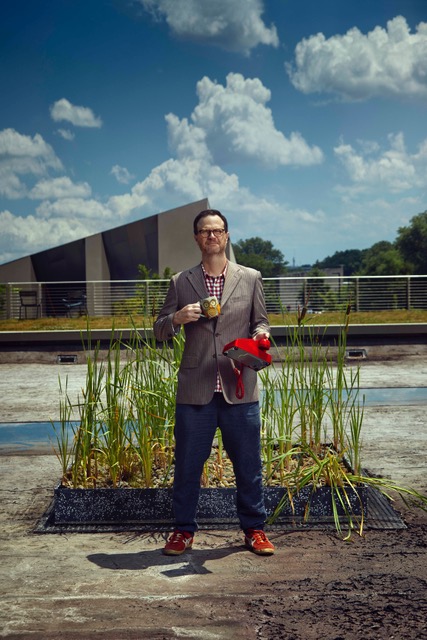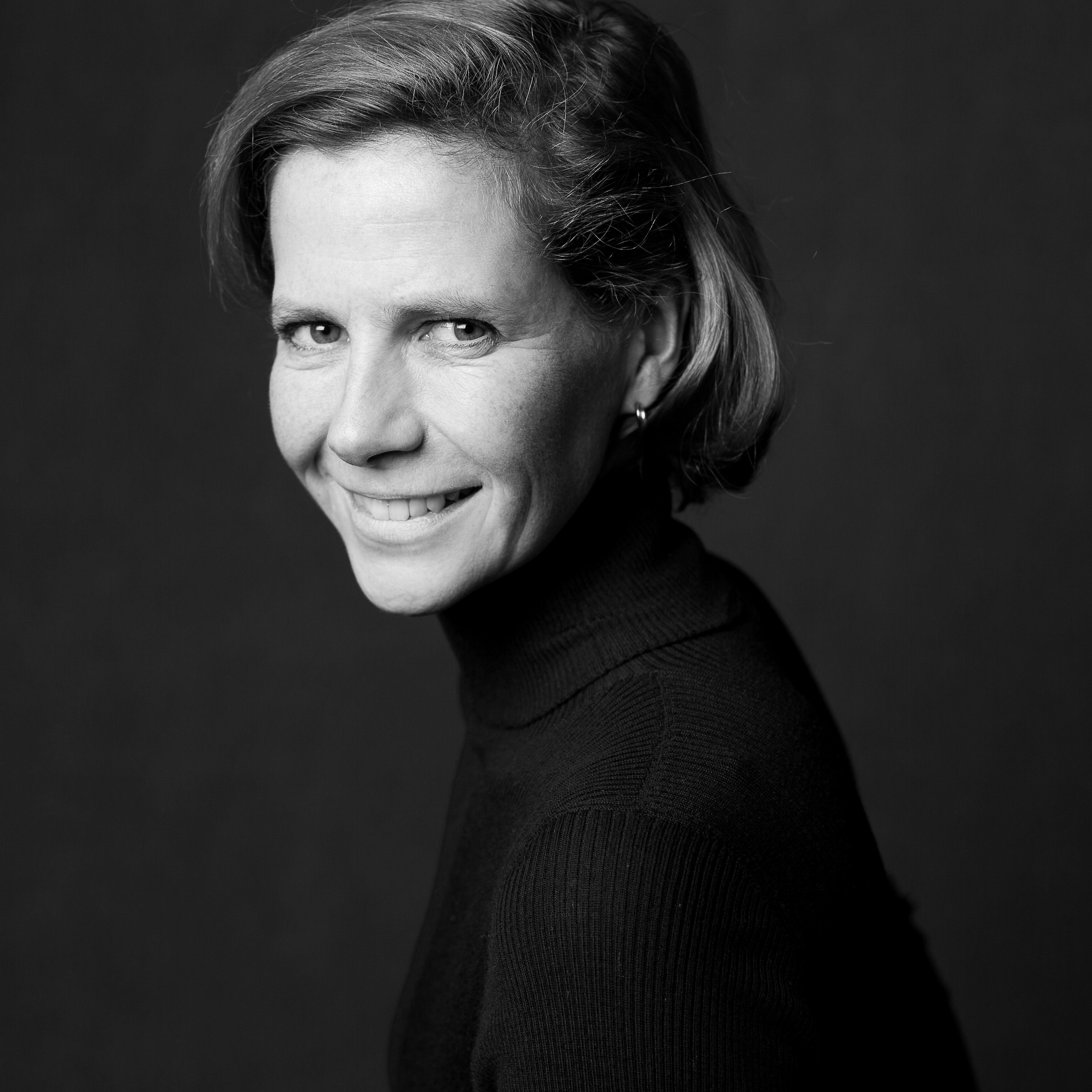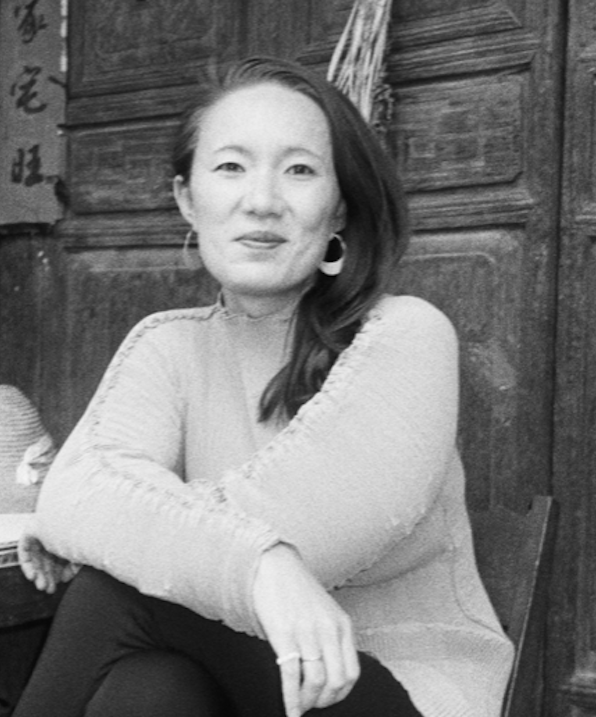Pulse Check: Public Communication and Trust in Science
- Several Speakers
- Yishu Mao
- Scott Knowles
- Laura Spinney
Please note the change of program: Xifan Yang will no longer participate in this Institute’s Colloquium event.
Moderator: Teresa Hollerbach
Panel Talks
Scientists on Stage: Public Trust in China during the Covid-19 Pandemic
Yishu Mao
Most academic and media analyses of China’s Covid-19 response have treated “China,” “the Chinese government,” “the Chinese communist party (CCP),” and “Chinese officials” as homogenous and unitary entities, disregarding an army of diverse personnel who contribute to the country’s disease control strategies and who put them into practice on the ground. In fact, many of these personnel hold multiple statuses at the same time: among the government officials, CCP members, and People’s Liberation Army (PLA)’s ranks are virologists, immunologists, epidemiologists, and doctors who provide indispensable information and advice on pandemic control in China and internationally. Some scientists are also investors, board members, and corporate partners in the pharmaceutical industry whose interests are intricately connected to their research into the treatment of Covid-19. As the virus sweeps throughout China and the world, these individuals are playing and made to play various roles, including establishing scientific credibility, on different stages. In this talk, Yishu Mao will bring to light a few examples to illustrate how public trust in science in China is forged when some individuals smoothly switch between their different roles, adopting diverse techniques, and undermined when the multiple roles of some individuals create conflicts and raise public controversies.
History in the Making: COVIDCalls and the Covid-19 Pandemic
Scott Knowles
Disasters are too frequently described as external events—they happen to us, the temporality is linear and brief, we recover from them—with very brief background and limited exploration of deeper social structures and disaster impacts. It is much more the case—and we are seeing this with COVID-19—that a disaster is the result of a great number of interconnected processes. Disasters don’t come to us from the outside, but they reveal the society we have—and we don’t recover back to some previous whole—the disaster becomes part of us, woven into the fabric of our lives in our memories, our psychology, our laws, and our science. Disaster researchers and other guests on the COVIDCalls podcast bring out of obscurity the historical links among decisions made to protect some, and not others—to privilege some health and not that of others across history. Disaster researchers in this public venue also suggest ways to keep those linkages right in front of us, and even suggest tools of analysis, care, and policy to keep the truth of disaster inequality right in front of us—through the present and the future of this pandemic, and beyond. In doing so COVIDCalls is also forming a historical record of the pandemic.
Pandemics Past and Present
Laura Spinney
In this talk Laura Spinney will compare and contrast public communication and trust in science in the context of two pandemics—the 1918 flu pandemic and the 2020 coronavirus pandemic. She will also explore the subject of pandemic memory, and ask whether the world’s most recent pandemic might lend itself more easily to remembrance than the catastrophe of 1918, because of advances in information technology that happened in the interim.
“Democratic” vs. “Authoritarian” Pandemic Containment: The Danger of False Dichotomies
Xifan Yang
After an initial period of cover-up and chaos in Wuhan, China’s communist regime brought the Covid-19 pandemic widely under control in China through draconian policies unseen elsewhere, as well as with test-trace-isolate measures that were similarly applied in democracies such as Taiwan, South Korea, Australia, and New Zealand. In this talk, Xifan Yang will outline how the debate around how to combat Covid-19 was highly politicized in both China and the West from the beginning of the pandemic. China’s Communist Party, under pressure from criticism of its early response, was eager to attribute its later success to a proclaimed “superiority” of its political model. By mirroring this narrative and framing comprehensive containment measures blanketly as “authoritarian,” Yang will argue, politicians and media commentators in Western democracies in return set a tone that has prevented their societies from learning valuable lessons from countries in Asia. Since early 2021 the pandemic has entered a phase that poses new risks and chances for both authoritarian and democratic governments. By putting propaganda value over data in its vaccination campaign, the Chinese regime risks losing regained trust from its citizens. Western governments on the other hand can make up failures in containment with speedy vaccinations and increased transparency in public communication, as the Biden administration shows.
Panelist Biographies
About the Institute's Colloquium Series 2020/21
- Discussion
- May 18, 2021
- 01:18:36
Pulse Check: Public Communication and Trust in Science
- Several Speakers




